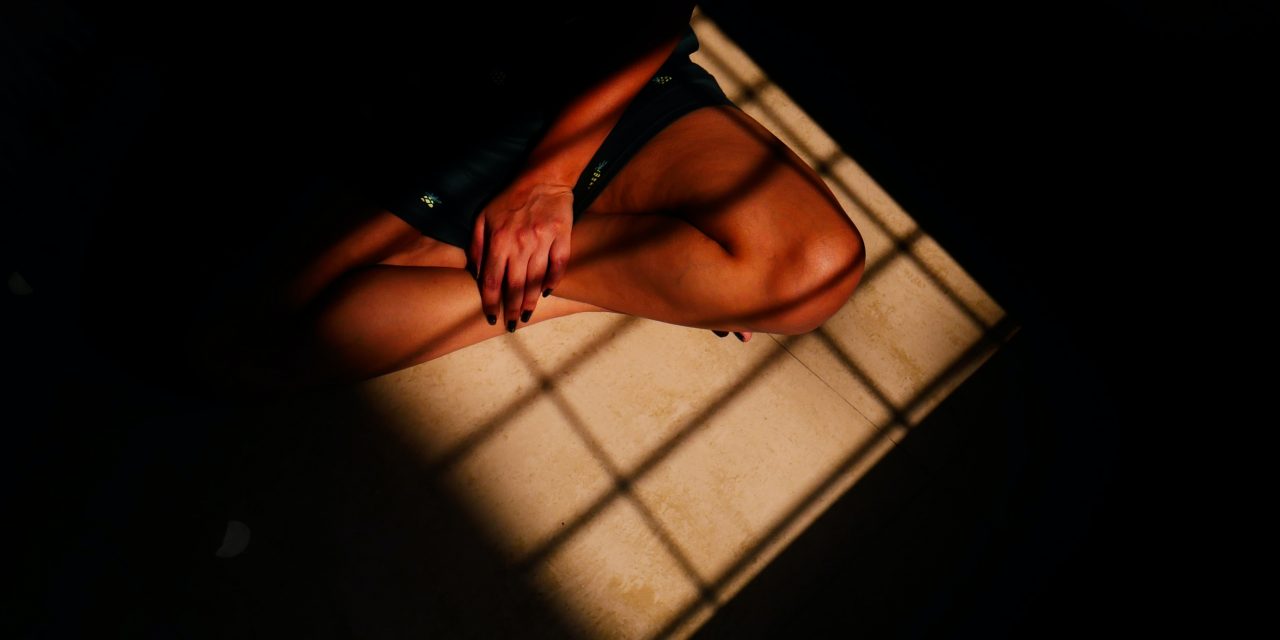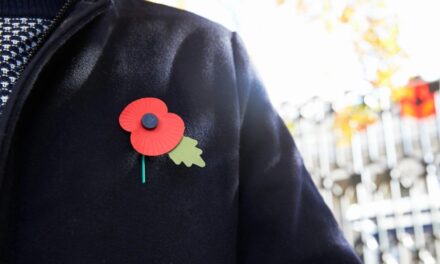This year marks the 10 year anniversary of UK Anti-Slavery Day which takes place on 18 October. To raise awareness of modern slavery and encourage us to do what we can to address the problem, here is what to look out for and how to report it.
What is modern slavery?
Modern slavery is the illegal exploitation of people for personal or commercial gain. It covers a wide range of abuse including sexual exploitation, domestic servitude, forced labour, criminal exploitation and organ harvesting. Victims of modern slavery can be any age, gender, nationality and ethnicity. They are tricked or threatened into work and may feel unable to leave or report the crime through fear or intimidation. They may not recognise themselves as a victim.
It’s a common misconception that this issue is happening behind closed doors, with victims hidden away. Often they are working in plain sight in our communities – in businesses such as hand car washes, nail bars, restaurants and illegal prostitution.
What to look out for in victims
- do they look scruffy, malnourished or injured?
- are they acting anxious, afraid or unable to make eye contact?
- are they doing long hours, wearing unsuitable clothing or have the wrong equipment for the job?
- is where they are living overcrowded, poorly maintained or are the curtains always closed?
- do they behave like they’re being instructed by someone else, picked up/dropped off at the same time and place every day or don’t have access to money or identification?
How to report it
Modern Slavery is regarded as serious organised crime. We urge those in our community to be alert to signs of modern slavery and human trafficking. Inform the police if you have information about a potential victim, someone suspected of exploiting others or a location where it may be occurring. You can call 101 or report it online. Where someone is at risk or if the matter is time critical, always call 999.
You can also report suspicions or seek advice 24/7 from the Modern Slavery Helpline on 08000 121 700 or report anonymously to Crime Stoppers on 0800 555 111.
In East Sussex
Modern slavery may seem to be an issue that does not concern us but sadly the figures suggest otherwise. In the last 12 months Sussex Police recorded 86 crimes relevant to the Modern Slavery Act which were linked to East Sussex. There are potentially many more cases that are not reported in towns and rural communities right across the county.
East Sussex County Council is committed to eradicating modern day slavery and exploitation and to reinforce this, Council leaders have signed a pledge to become a Slavery Free Community by 2030.
Other resources
The Human Trafficking Foundation grew out of the work of the All-Party Parliamentary Group on Human Trafficking and Modern Slavery. It was established to support and add value to the work of the many charities and agencies operating to combat human trafficking in the UK.
Stop The Traffik aims to build a global picture of human trafficking hotspots and trends, to empower individuals, organisations and agencies to make more informed and better choices, to signpost them to safe places to get help and support and to encourage appropriate response and reporting.
If you are looking for work or are an employer, there are tools available to help and support both those seeking employment and those recruiting:
Just Good Work is a free interactive mobile app, giving job-seekers and workers critical information and advice for everything needed on the journey to work including recruitment, employment and life in a new destination.
Farm Work Welfare (FWWA) was launched this summer to tackle modern slavery in rural areas and has been designed to support both employers and workers. It provides farmers and growers with information, signposting and tools to help avoid criminal organisations and promote worker welfare, and supports workers and help them understand their rights and what to do if they are being exploited.




